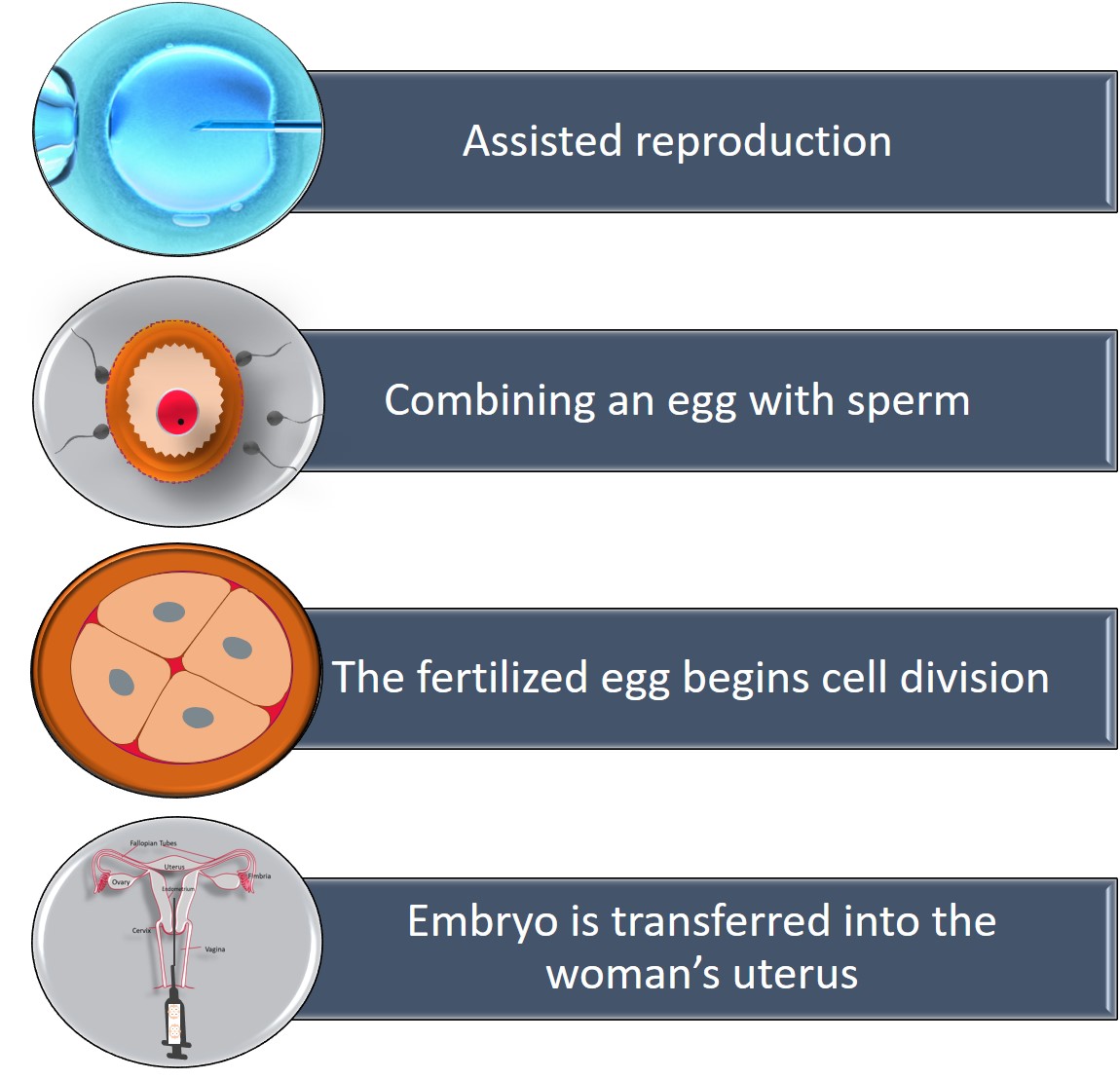In vitro fertilization (IVF) is a process by which an egg is fertilized by sperm outside the body. The resulting embryo is then transferred to the uterus. IVF is used to treat fertility problems in couples who cannot conceive naturally.
IVF was first successfully performed in 1978, and since then it has helped millions of couples around the world conceive children. It is now one of the most common fertility treatments available.
IVF works by stimulating the ovaries to produce multiple eggs. These eggs are then collected and fertilized with sperm in a laboratory dish. The resulting embryos are incubated for several days before being transferred to the uterus.
The success rate of IVF depends on many factors, such as the age of the woman, the cause of infertility, and whether or not she has had previous IVF cycles. In general, however, about 40% of women who have IVF will become pregnant.
If you are considering IVF, it is important to consult with a fertility specialist to discuss your specific situation and chances of success.


